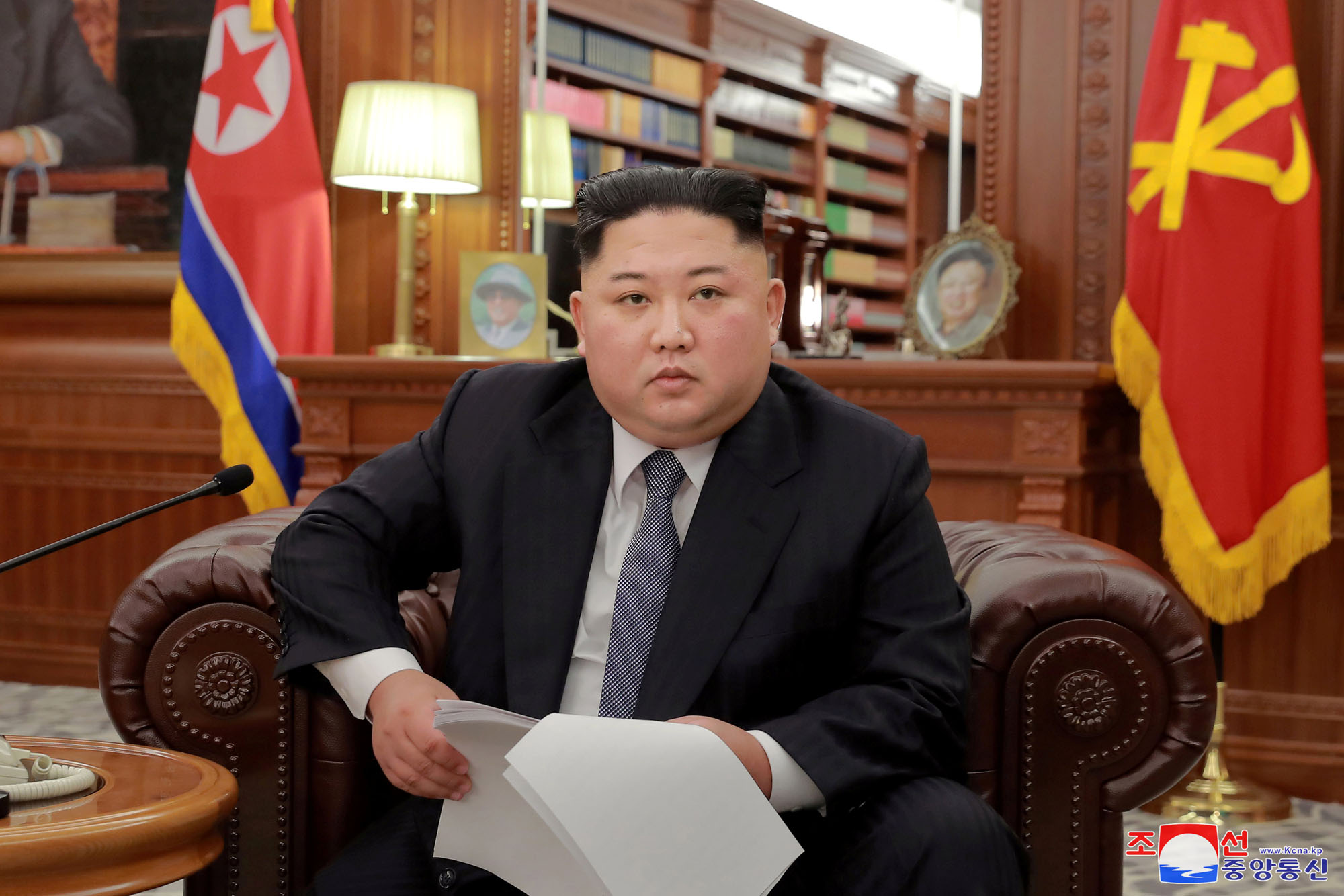Kim Jong Un rang in the new year stylishly, in a dapper Western business suit and tie, albeit still sporting his odd signature haircut. But the new look did not alter his core message of late: He wants sanctions relief, he wants it now, and he wants it before there can be any real movement on North Korean denuclearization. While he says he is willing to participate in another summit with U.S. President Donald Trump — which he will backstop by meeting with Russia's Vladimir Putin and China's Xi Jinping, of course — he is rolling out vaguely ominous rhetoric about "no choice but a new way to safeguard our sovereignty." What is the next move in the complex pas de deux between the United States and North Korea?
Kim is clearly losing patience as the "normal" playbook of negotiations used so effectively by his father, Kim Jong Il, is not achieving any substantive results in improving the torpid economy of his dictatorship of some 25 million suffering souls. In previous rounds with the West, by now the Hermit Kingdom would have been given significant concessions: lighter sanctions, food and medicine shipments, access to Western technology, free trade zones with South Korea. The lack of tangible progress for Kim to display to his population is starting to worry him, and even the charm of appearing on a global stage with the U.S. president can't increase his GDP.
For the U.S., the key words are simple: strategic patience. It would be foolish to grant any concessions without a straightforward list of North Korean nuclear weapons, delivery systems, and test and storage sites. Such an accounting would almost undoubtedly not be initially complete, but at least it would represent a starting point, and it could be fact-checked against the significant database of existing intelligence. Then and only then should the U.S. consider recommending to the international community a reduction in sanctions — which over time could lead to actual reductions in the North's stockpile of 30 to 60 weapons.


















With your current subscription plan you can comment on stories. However, before writing your first comment, please create a display name in the Profile section of your subscriber account page.